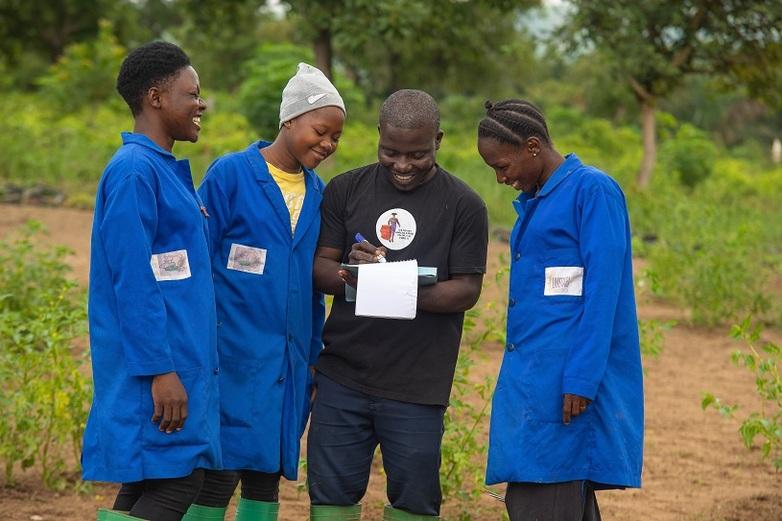Context
Many young people in Benin are unemployed because the vocational training system does not match skills with labour market needs. The system does not produce enough workers equipped with the necessary skills.
Fewer than 10 per cent of the trainees complete their vocational training. Although many do join traditional apprenticeship training, they are unable to find employment in the formal sector because of low training standards. Women suffer the most.
The consequences are unemployment or precarious work in addition to low economic productivity.
Objective
The vocational training system offers formal training tailored to the needs of the economy.

